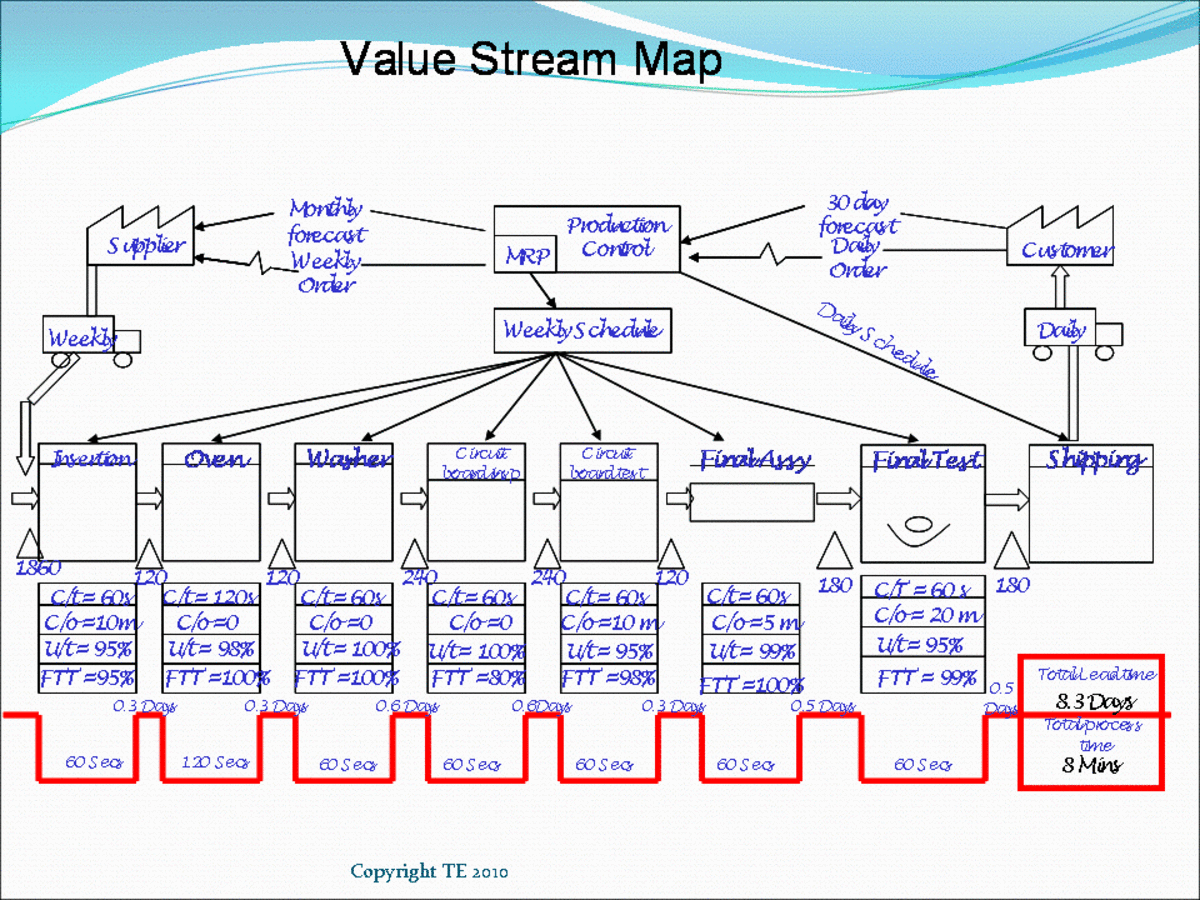Healthcare Reform and Medicare--What was cut from Medicare?
How are benefits added to Medicare when cuts are being made under healthcare reform? How do the cuts result in lowering out-of-pocket expenses for Medicare Beneficiaries under the legislation?
The cuts to Medicare are, quite possibly, the most misunderstood aspect of healthcare reform. Despite eliminating out-of-pocket expenses for preventative services and closing the donut hole for Medicare Part D (prescription coverage), people seem to be leery of how this is possible since proponents argued against “Medicare cuts”. Simply explained: the cuts applied to Medicare, are cuts that eliminate wasteful spending.
The Medicare cuts that were eliminated was directed at wasteful spending that takes place with the Medicare Advantage plans (MA plans, part C plans). The waste that was eliminated redirects the money to pay for actual healthcare costs.
Understand that MA plans are commercial, for-profit insurance companies, while straight Medicare is non-profit. One-third of every Medicare dollar (taxpayer dollar) goes straight to MA profits.
Originally designed as a financial incentive for MA plans to offer lower cost plans and prescription drug benefits, the financial incentives actually resulted in lowering the solvency of Medicare because it has not stopped the rising costs of insurance premiums and has contributed to absurd amounts of profits for commercial plans. Although MA plans do offer lower out-of-pocket costs, caps do exist on these types of plans--caps that tend to punish the most ill beneficiaries—patients requiring DME, home health, and skilled nursing—just to name a few, and results in more profits for the MA plans. These unfair caps will be changing under healthcare reform.
One of the cuts to Medicare is eliminating this excessive and wasteful financial incentive that goes directly into the pockets of the for-profit insurance plans.
Yet another problem with the MA plans is the estimated costs that are submitted to Medicare every year, resulting in billions of dollars in overpayments. MA plans, yearly, submit to Medicare a projection of estimated healthcare costs. Medicare pays the MA plans based upon these estimates. Every year MA plans (conveniently) over estimate. The overpayments can take two and three years to identify, because an in-depth accounting analysis must be performed in order to determine just how much was overpaid to each plan. Recouping the overpayments takes longer, for obvious reasons.
This is the other cut that is being performed with Medicare. Everything will be paid on a fee-for-service basis like traditional Medicare.
The legislation also makes mandatory that MA plans spend 85% of revenue on medical care.
These changes to Medicare are expected to save $54 billion dollars in the next five years and $149 billion dollars in the next ten years. By the year 2018, it is expected that Medicare beneficiaries will save over $200.00 per year in premiums and over $200.00 per year in co-insurance by eliminating wasteful spending.
Essentially, taxpayers have been providing a large portion of profits to MA plans. Under healthcare reform, it is believed that taxpayer funds are better spent on actual healthcare costs instead of contributing to commercial, for-profit insurance plans’ profits.
Under Obama's Healthcare Reform law, there were no actual cuts to Medicare. That's right. The wasteful spending, loads of it, was eliminated and redirected. This is why Obamacare strengthened Medicare. It extended the life of Medicare by years.
How to Report Medicare Fraud
- How to Report Medicare Fraud and False Claims Act
How to identify Medicare fraud, where to report it, what information to give, what to expect when you report, and the False Claims Act. For employees
OTHER KEY CHANGES
An expense that is included in healthcare reform is adding $700 million dollars over the next ten year to combat healthcare fraud. Though that might seem like an enormous amount of money to invest, it is estimated that $60 billion dollars a year is paid out in fraudulent Medicare claims. In 2009, the Department of Justice collected $1.63 billion dollars in settlements and judgments against providers accused of fraud. With additional money allocated to investigate fraud and abuse, one can reasonably expect that the amount of recoveries will increase.
Additionally, the scope of prosecutions for fraud and abuse is widening under healthcare reform, allowing the government to prosecute billing services for submitting fraudulent claims to Medicare and collecting fines and penalties from billing services that commit fraud. Prior to healthcare reform, billing services were held immune to being prosecuted for Medicare fraud.
Explaining the “pull-the-plug-on-Granny” aspect of the legislation, that some of you may or may not believe, is quite simple. For years, doctors and patients have discussed end-of-life decisions, and this will often include a DNR order. This is a do not resuscitate order, commonly chosen by terminally-ill patients, and means that the patient doesn’t wish to have any extraordinary life-saving measures performed in the end stages of a terminal illness.
This decision, made between a patient and a doctor, usually involves a lengthy discussion and an extreme amount of thought. This aspect of the doctor-patient decision included in the legislation will allow a doctor to bill for this service and get paid for it appropriately. Under current billing and coding guidelines, there is no description for this service, and the healthcare legislation, simply, creates a service description for this procedure to an always-developing set of nationally-recognized procedure codes. Yes, it is that simple.
These are the key changes that are taking place to Medicare under healthcare reform. It was the center of angry debate for months—and that is actually something I have no explanation for.
- Medicare Part D Donut Hole 2010: Coverage Gap Will Disappear for Seniors by 2020
The health care reform bill affects the doughnut hole in the Medicare Part D Prescription Drug Plan in 2010. Learn what will change for seniors falling into the coverage gap and when. - Ways and Means Committee
Outlines how healthcare reform closes the donut hole on Medicare Part D coverage - Ways and Means Committee
Easy to understand, the Ways and Means Committee outlines how healthcare reform strengthens Medicare








